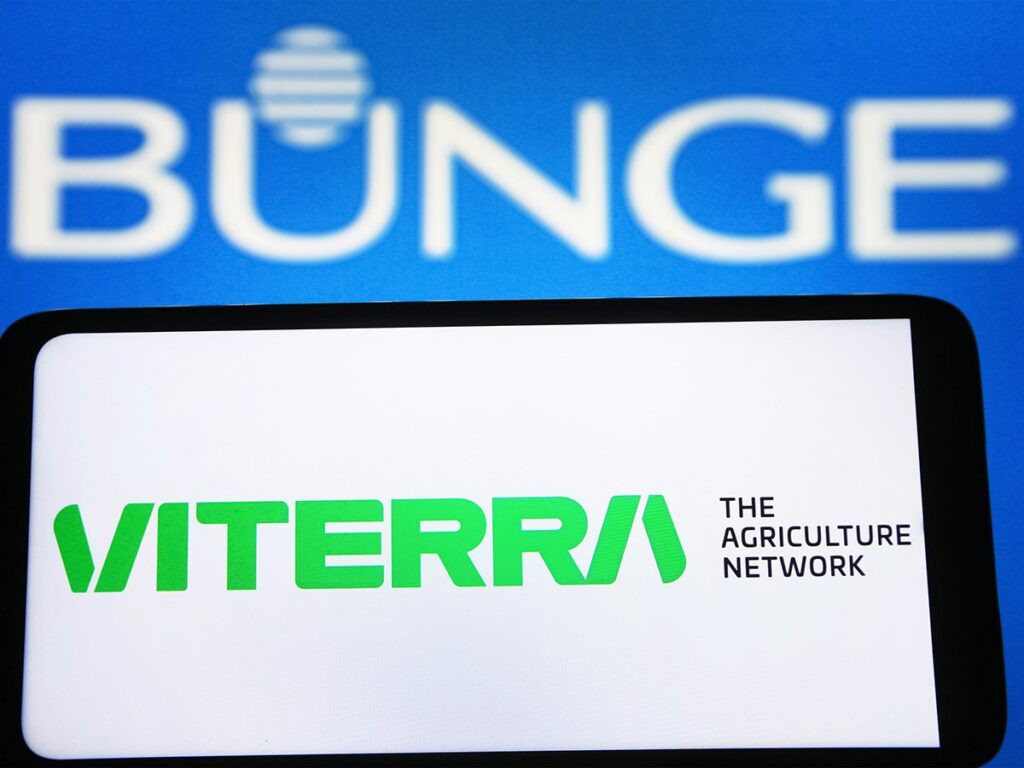Bunge’s merger with Viterra stalled by US-China trade tensions, Bloomberg reports

Bunge Global’s $34 billion merger with Glencore-backed Viterra is being stalled by trade tensions between the United States and China, Bloomberg News reported on Friday, citing people familiar with the matter.
“We are in the final stage of regulatory approval. We express our continued gratitude for the constructive dialogue with Chinese government officials throughout the regulatory review process,” Bunge told Reuters in an emailed statement.
The merger was first announced in 2023. If finalized, it will create a global crop trading and processing giant closer in scale to chief rivals Archer-Daniels-Midland and Cargill.
Regulatory approval in China is among the last remaining hurdles to the deal’s closing.
MOST GLOBAL APPROVALS IN PLACE
Bunge has said it has obtained most global approvals required for the merger – which was initially expected to close in mid-2024 – including in the European Union and Canada.
Bunge executives and advisers are growing increasingly concerned that the political rift between the two countries will hold up the process further, according to the report.
Bunge CEO Greg Heckman traveled to China a number of times for talks with the authorities, the Bloomberg report said. It also said Chinese regulators have flagged concerns that the merger would increase industry concentration and potentially impact Beijing’s food security interests.
The relevant regulators are conducting a careful compliance review given the deal’s significance, according to the report.
Viterra did not immediately respond to a Reuters request for comment.
CANADA APPROVAL CONTROVERSIAL WITH FARMERS
In January, Canada approved the merger with conditions. Those included Bunge’s divestiture of six grain elevators in Western Canada and a binding commitment from Bunge to invest at least C$520 million in Canada within the next five years, according to a statement from Canada’s transport ministry.
The approval also requires strict and legally-binding controls on Bunge’s minority stake in Saudi-owned G3 to ensure Bunge can’t influence G3’s pricing or investment decisions.
Bunge, Viterra and G3 account for one third of Western Canada’s elevator capacity.
The merger received strong opposition from Canadian farm groups.
“With the lack of existing competition within the grain handling industry, further consolidation through this merger will only harm producers,” said Saskatchewan Wheat Development Commission chair Jake Leguee in a news release following the January decision.
“This is a missed opportunity to protect competition in Canada’s grain sector and prioritize the interests of producers who grow the food that Canada and the world rely on,” GGC executive director Kyle Larkin said in a news release.
“We are urging the government to revisit these conditions, strengthen measures to foster competition, and take meaningful steps to support Canada’s grain farmers.”
—Reporting by Vallari Srivastava, with files from Glacier FarmMedia
Source: producer.com


